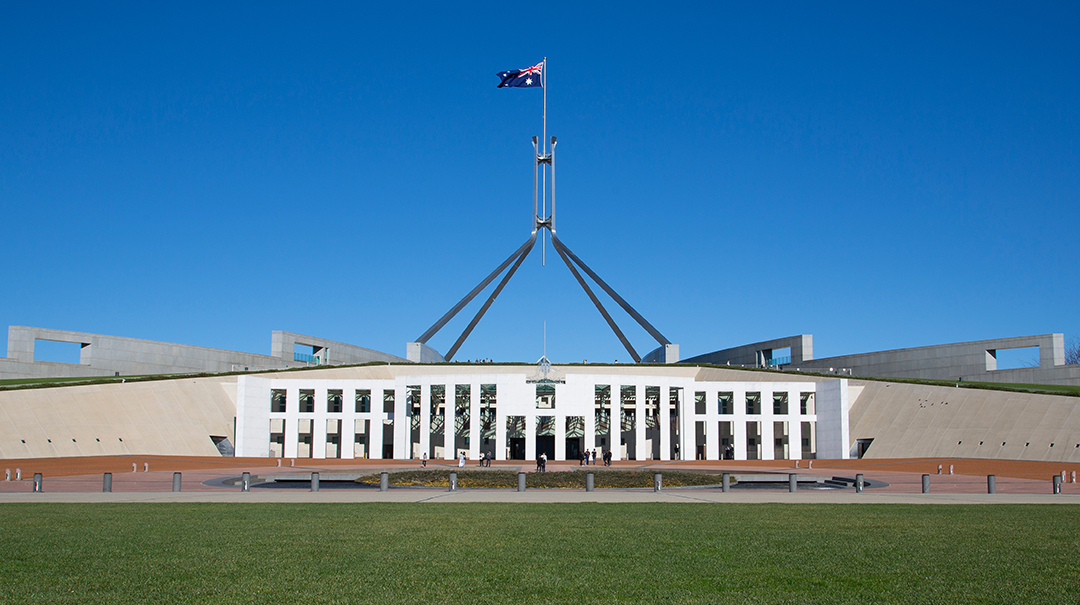Second exposure draft of the Religious Discrimination Bill

In December 2019 the Australian Government called for submissions into the revised proposed Bill into religious freedoms. The Bill proposes ways religious freedoms can further be protected in different aspects of community life including education and healthcare. WayAhead’s submission is below.
Dear Freedom of Religion Consultation,
We are very grateful for the opportunity to provide you with our thoughts on the second exposure draft of the Religious Discrimination Bill 2019 (the Bill) While we will make some general comments on the Bill, our submission will primarily focus on the healthcare elements of the Bill.
At WayAhead, we work every day to educate people throughout New South Wales on mental health and wellbeing and link them to services and resources that improve their mental health. Our vision is for a society that understand, values and actively supports the best possible mental health and wellbeing.
We welcome any legislative efforts to remove discrimination, including religious discrimination, from Australian society. We further believe that any discriminatory legislation does not have adverse impacts on groups in society, particularly those living with mental ill health and groups who have previously and continue to experience discrimination everyday for simply being who they are.
After reading through many of the publicly available submissions made during the first exposure draft consultation period, we have a general concern about how the Bill would impact Australia’s LGBTI community, women, people with disabilities and people with different or no religious beliefs. We strongly support the recommendations made in the first round of submissions made by Equality Australia and the Australian Medical Association.
The Bill and access to healthcare
WayAhead recognises the need to provide doctors, nurses, midwives, pharmacists and psychologists with the ability to conscientious objection treating patients due to religious and personal belief as can currently happen with the existing legislation. We also believe that patient health outcomes must be appropriately remedied should a health profession conscientiously object to treating them.
WayAhead is extremely concerned by the Bill’s ability to make it harder for employers and professional bodies to implement policies which would require doctors, nurses, midwives, pharmacists and psychologists to treat patients and refer through to another healthcare professional.
Further, we are unaware of any of the peak professional bodies for doctors, nurses, midwives, pharmacists or psychologists who are actively advocating for what the Bill is proposing, rather we have found that these health professions view the current legislation governing this area to be appropriate. We would strongly recommend reflection on that point.
We believe that an unintentional result of this Bill being passed in its current form is that it will create new barriers for people requiring the services of a doctor, nurse, midwife, pharmacists or psychologist and reduce help seeking behaviour. Obviously, the delay in seeking treatment when required is to the detriment of the person requiring it and can lead to that person having worse longer-term health outcomes.
In terms of mental health, our sector has fought for many decades now to reduce the stigma associated with mental ill health and we are afraid that the new protections the Bill affords health professionals may lead to the undoing of much of the stigma reduction efforts. An increase of stigma and views of mental ill health derived from, non-clinical evidence-based research can severely harm people seeking help to treat and better their mental health.
Therefore, we recommend that subsections 8(6) – (7) and 32(7) should be removed. Current discrimination protections will protect medical professionals to practice in accordance with their beliefs and provide the right safeguards to ensure the patient’s right to access healthcare.
We fundamentally believe that a healthcare professionals personal or religious belief should never override a person’s right to access healthcare when they need it, in the place they need it. We are not supportive of any legislative instruments which would increase stigma and create barriers for Australians to access the healthcare they require.
Kind regards,
Elizabeth Priestley
WayAhead CEO
Newsletter
Stay up to date
Sign up to our Mind Reader newsletter for monthly mental health news, information and updates.